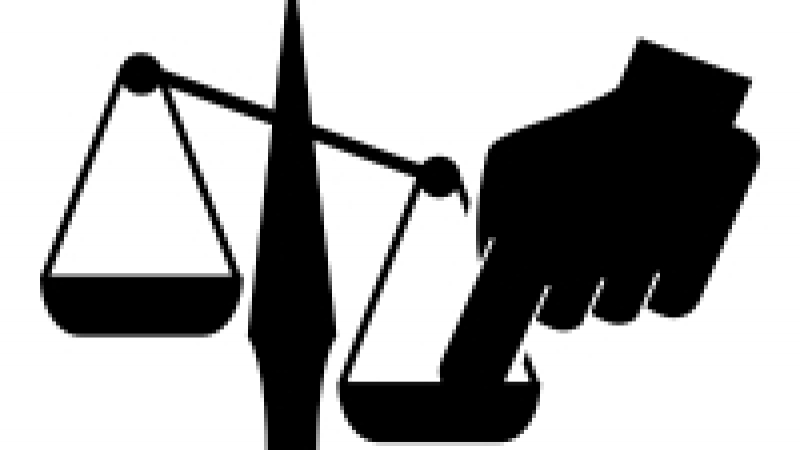

Indeed, he first appears on the historic record in 622 or 621 BCE, when Draco established the legal code that is referred to by historians as the Draconian Constitution.

What is known is that Draco was the first recorded legislator in Athenian history and we know he is the first recorded legislator because it was Draco who laid down the very first written legal constitution of Athens. We don’t know when he was born or who his family was or even what he did for the majority of his life. Other notable Greek lawgivers include his contemporary Solon of Athens and the semi-legendary Lycurgus of Sparta, the man supposedly responsible for establishing the famously militaristic Spartan social system. He was what is sometimes referred to as a ‘lawgiver’, that is, someone who is responsible for establishing substantial civic laws or reforms. Sooo there is that.Īnyway, Draco hailed from the city-state of Athens, the birthplace of democracy. Unfortunately for everyone, ‘draconian’ has less to do with dragons and more to do with an Ancient Greek individual by the name of Draco. Now I’m sure that there are more than a few of you who thought the word must be somehow related to dragons.

What does ‘draconian’ actually mean? Well, the Oxford English Dictionary defines ‘draconian’ as ‘laws themselves or their application being excessively harsh or severe.’
WHAT IS DRACONIAN LAW SERIES
The purpose of this series is to highlight some of the more interesting instances where an event, cultural practice or person has entered the vocabulary of the modern English speaker.įirst thing’s first.

Language is a funny thing and no language is as funny, weird or baffling as English. Perhaps more than any other tongue, English has been influenced by almost every culture and language it has come into contact with. The following is what can happen to any Fijian news media outlet that Attorney-General Aiyaz Sayed-Khaiyum decides has breached the terms of the decree, which became legislation on the return to parliamentary rule in 2014 and has had the effect of gagging the media and preventing it from reporting stories that are genuinely in the national interest.Īs you can see, the national interest is not defined in the legislation, which means the AG effectively decides what is in the national interest.Īnd if he thinks that it is not in the national interest for allegations against him and the PM to be aired in the local media, then he can use the law against any organisation that republishes my disclosures.įortunately, I am beyond his reach but these stories go untold for anyone without the internet.*** You can watch the animated video version of this article here. Fiji’s Media Decree and now law since 2014 … a gag on reports of national interest. If anyone is wondering why the Fijian media hasn’t reported the details of my reporting on Grubsheet Feejee of the Prime Minister’s secret role in the sacking of the Solicitor-General, his alleged action in shutting down a police drug investigation into a close family member, or his Attorney-General’s alleged behaviour in inviting his female staff to give him massages in his hotel rooms on overseas trips, it is because they are terrified of the AG’s draconian 2010 Media Industry Development Decree and the very real prospect of prosecution.


 0 kommentar(er)
0 kommentar(er)
